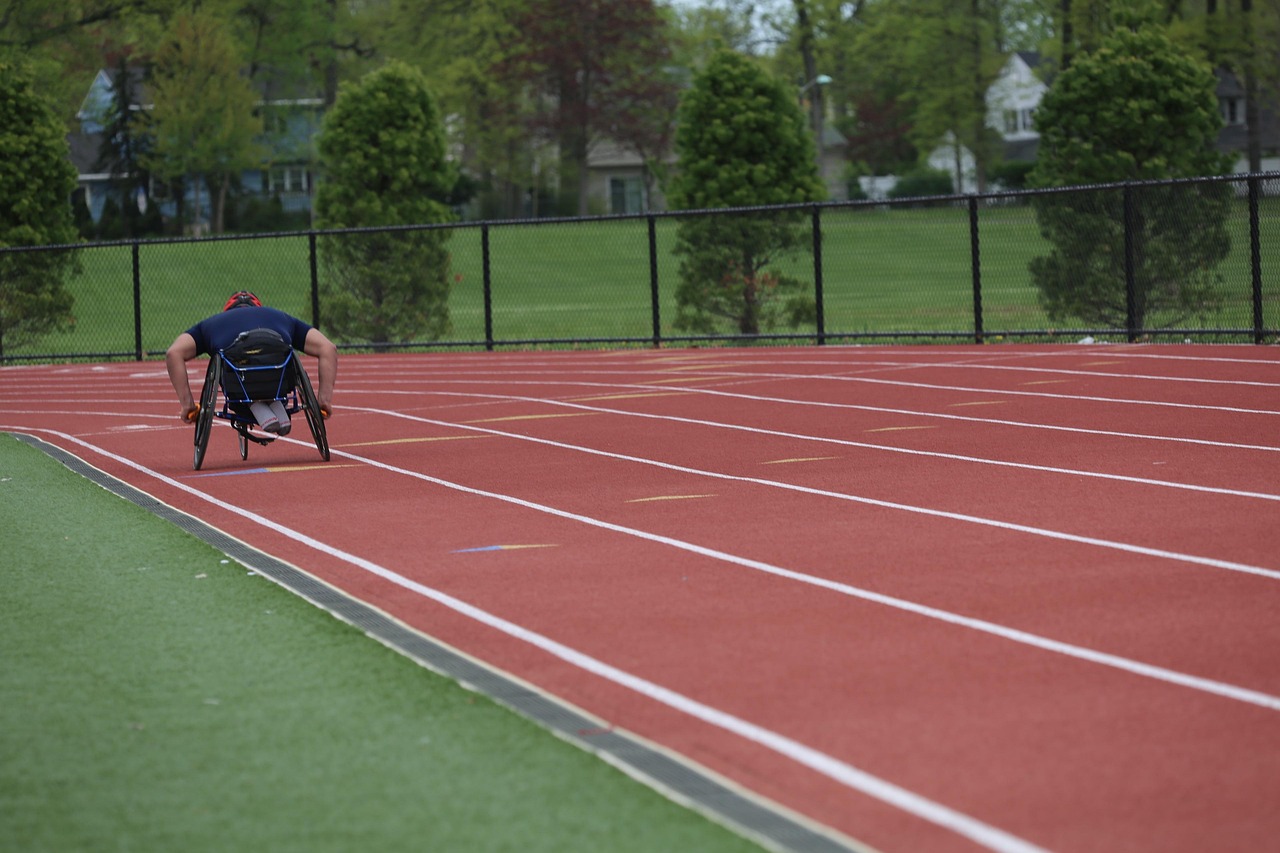29
Jul 2024
Overcoming Barriers: 5 Ways to Stay Active with a Disability
Published in Travel Tips on July 29, 2024

Everyone knows that staying mentally and physically active can significantly improve or maintain good health.
Not only can it lower your risk of conditions like heart disease, high blood pressure, diabetes and obesity, but it can also make you less susceptible to elevated levels of stress, anxiety and depression.
However, if you or a loved one are living with a disability, staying active can be challenging. But don’t worry, we’ve got you covered!
Here are five great ways to stay active with a disability.
What is the definition of a disability?
Before highlighting the ways to stay active with a disability, it is worth defining what exactly the term means.
While it varies depending on where you live in the world, in Australia, it falls within the definition agreed upon by the United Nations Convention on the Rights of Persons with Disabilities.
Essentially, it defines a disabled person as anyone who has a permanent or long-term mental, physical, sensory or intellectual impairment that prevents them from participating in society as freely and effectively as other people when faced with certain environmental barriers.
Ways to stay active
If you are one of the 4.4 million Australians who are living with a physical, sensory, psychiatric or cognitive impairment, it is important you stay active.
Here are five excellent ways you can do that.
1. Join an SIL Community
If you are currently not as active as you would like to be due to living in an area that is not near friends and family, consider moving into a supported, independent living community.
These communities, such as the vertical villages run by United For Care, provide comfortable, fully furnished, accessible homes close to public transport, shops, cafes, amenities, and medical facilities.
You can choose to live on your own, with family and/or a pet. Your neighbours will be friendly, like-minded people who can soon become good friends in a congenial environment where there are plenty of social activities for you to enjoy.
2. Keep your brain active
Perhaps one of the best ways to stay active with a disability is to tax your brain on a daily basis.
This can involve doing anything from playing online games such as Words With Friends or chess and doing a jigsaw puzzle to learning a new language or even studying for an educational qualification.
Ultimately, the more you can stimulate your brain and enhance your capacity for cognitive reasoning, the sharper your mind will be.
3. Regularly Exercise
Even though you might have a disability, it is important to exercise regularly if you can.
Some of the best ways to do this include Nordic walking, aqua aerobics, jogging, and hand-crank cycling.
However, if you fancy getting your competitive juices flowing, you could consider wheelchair tennis, basketball or football (soccer). Check out the Disability Sports Australia website for more information about all the sports – competitive and social - you can play.
Additionally, some personal trainers specialise in workouts for those with disabilities, so you might want to do a Google search for them in your local community.
4. Socialise More
Even if you are an introvert, human contact is something we all need in some form.
Indeed, a lack of regular social interaction can result in increased depression, which can have a serious knock-on effect with regard to both mental and physical health.
As much as you are comfortable doing so, try to catch up with family, friends, and your mates on a frequent basis. However, if you live too far away from them to do this or have mobility issues that make it difficult, make sure you maintain regular contact through web calls and text messaging.
You should also be open to widening your social network within your local community by joining activities and groups you are interested in. If you look at your local council’s website, you should find plenty of options, which hopefully will lead to you making a lot more friends.
5. Get a job
If you are not already working, you should consider getting a job. Not only will this enable you to earn money, but you’ll also benefit from the knowledge that you are making a valued contribution to your employer.
There are plenty of jobs you can do with a disability, including copywriting, admin support, data entry, graphic design, bookkeeping and IT support. Many of these can be done remotely as a freelancer if accessibility is an issue.
The Federal government offers several resources to help you find work, including training incentives and grants. You should also find a number of recruitment agencies, such as STEPS, that specialise in helping those with disabilities get jobs.









